Filter by
SubjectRequired
LanguageRequired
The language used throughout the course, in both instruction and assessments.
Learning ProductRequired
LevelRequired
DurationRequired
SkillsRequired
SubtitlesRequired
EducatorRequired
Explore the Classical Mechanics Course Catalog
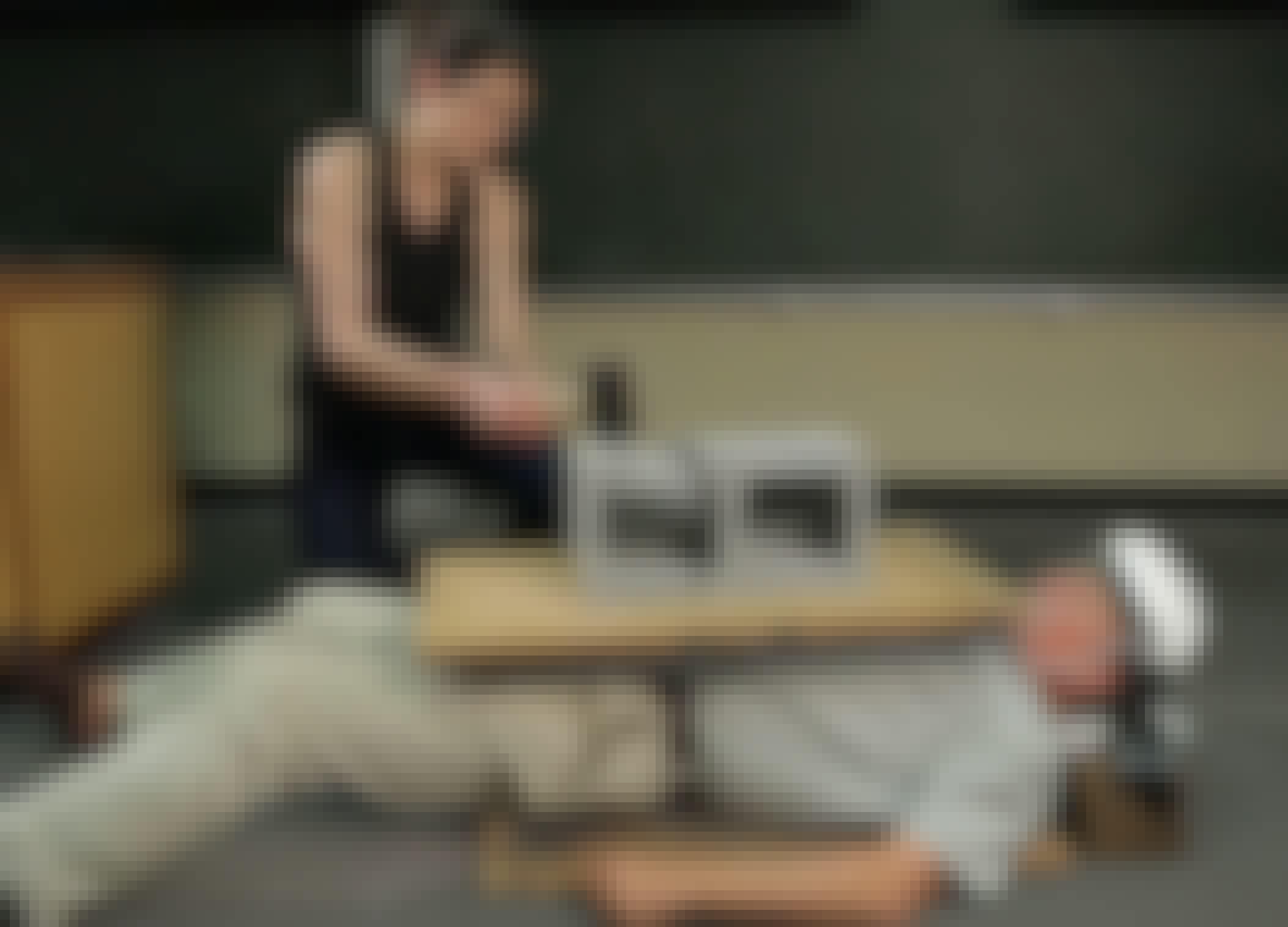 Status: Preview
Status: PreviewUNSW Sydney (The University of New South Wales)
Skills you'll gain: Mechanics, Physics, Experimentation, Engineering Calculations, Applied Mathematics, Physical Science, Systems Of Measurement, Engineering Analysis, Mathematical Modeling, Estimation
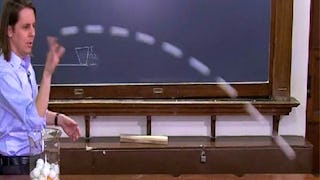 Status: Free Trial
Status: Free TrialRice University
Skills you'll gain: Mechanics, Torque (Physics), Physics, Problem Solving, Mechanical Engineering, Engineering Calculations, Calculus, Engineering Analysis, Physical Science, Mathematical Modeling, Algebra, Applied Mathematics, Geometry, Trigonometry
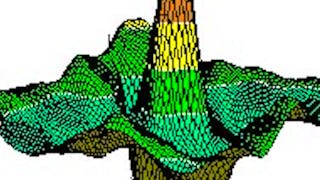 Status: Free Trial
Status: Free TrialUniversity of Colorado Boulder
Skills you'll gain: Estimation, Linear Algebra, Physics, Engineering Calculations, Applied Mathematics, Advanced Mathematics, Mathematical Modeling, Engineering Analysis, Calculus, Differential Equations, Physical Science
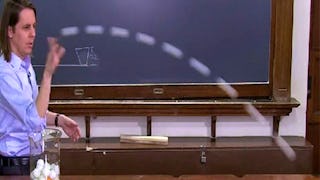 Status: Free Trial
Status: Free TrialRice University
Skills you'll gain: Mechanics, Problem Solving, Physics, Engineering Calculations, Mathematical Modeling, Algebra, Calculus, Physical Science, Applied Mathematics, Mechanical Engineering, Trigonometry
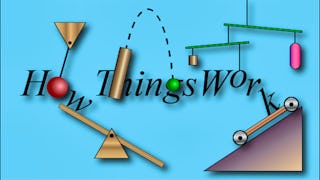 Status: Preview
Status: PreviewUniversity of Virginia
Skills you'll gain: Mechanics, Torque (Physics), Physics, Energy and Utilities, Experimentation
 Status: Preview
Status: PreviewThe Hong Kong University of Science and Technology
Skills you'll gain: Physics, Calculus, Mechanics, Physical Science, Advanced Mathematics, Energy and Utilities, Mathematical Modeling
What brings you to Coursera today?
 Status: Free Trial
Status: Free TrialUniversity of Colorado Boulder
Skills you'll gain: Linear Algebra, Physics, Applied Mathematics, Advanced Mathematics, Mathematical Modeling, Engineering Analysis, Differential Equations, Physical Science
 Status: Preview
Status: PreviewYale University
Skills you'll gain: Classical Music, Music History, Music, Music Theory, Instrumental Music, Musical Composition, Art History
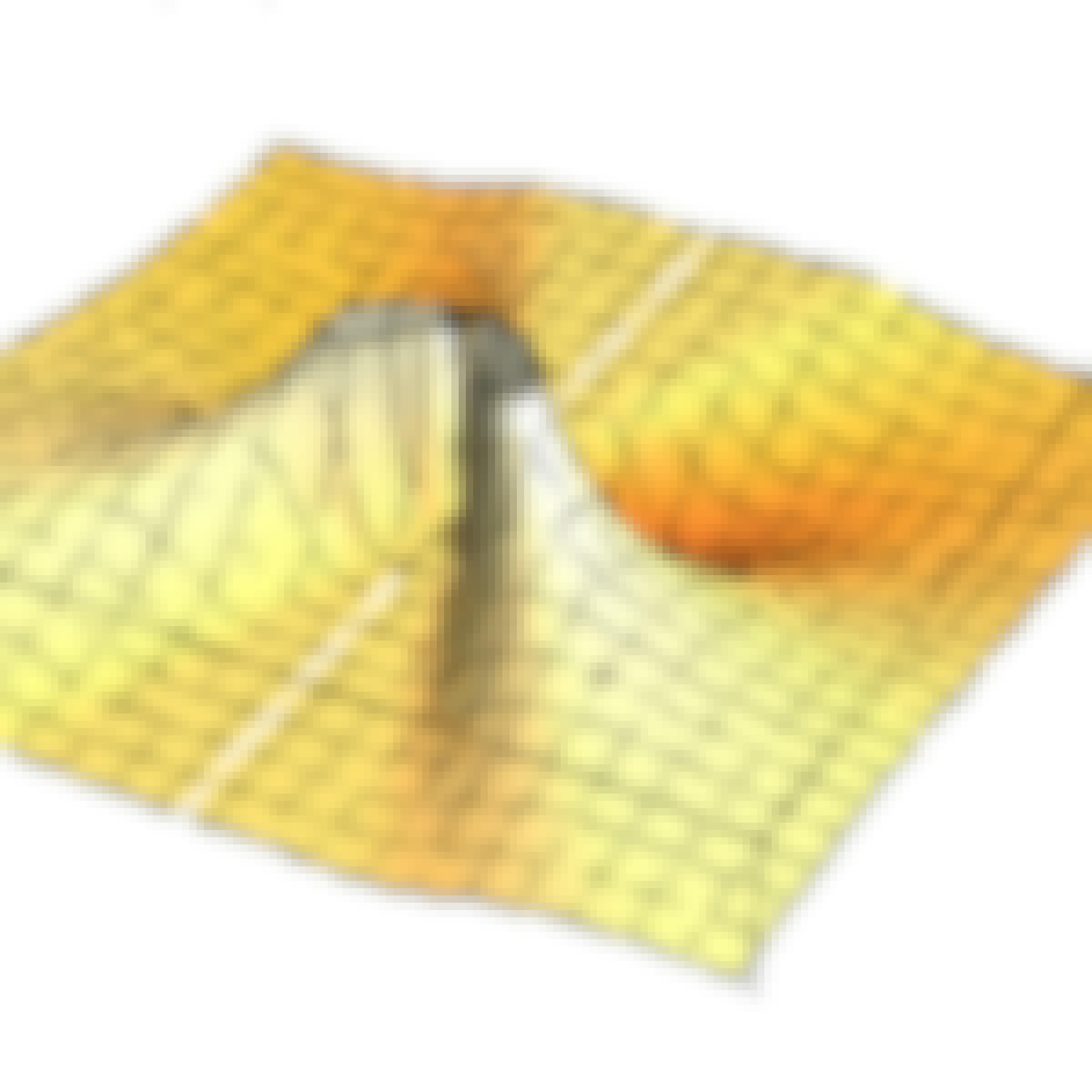 Status: Free Trial
Status: Free TrialUniversity of Colorado Boulder
Skills you'll gain: Estimation, Engineering Calculations, Applied Mathematics, Mathematical Modeling, Engineering Analysis, Differential Equations, Physics
 Status: Free Trial
Status: Free TrialISAE-SUPAERO
Skills you'll gain: Mechanics, Thermal Management, Mechanical Engineering, Hazard Analysis, Physical Science, Simulations, Applied Mathematics, Systems Of Measurement, Vibrations, Engineering Analysis, Control Systems, Engineering Calculations, Physics, Energy and Utilities, Mathematical Modeling
 Status: NewStatus: Preview
Status: NewStatus: PreviewThe Hong Kong University of Science and Technology
Skills you'll gain: Physics, Differential Equations, Linear Algebra, Calculus, Mathematical Modeling, Advanced Mathematics, Mechanics, Applied Mathematics
 Status: NewStatus: Free Trial
Status: NewStatus: Free TrialSkills you'll gain: Cryptography, Encryption, Python Programming, Scripting, User Interface (UI), UI Components, Application Development
In summary, here are 10 of our most popular classical mechanics courses
- Mechanics: Motion, Forces, Energy and Gravity, from Particles to Planets: UNSW Sydney (The University of New South Wales)
- Introduction to Mechanics: Rice University
- Quantum Mechanics for Engineers: University of Colorado Boulder
- Physics 101 - Forces and Kinematics : Rice University
- How Things Work: An Introduction to Physics: University of Virginia
- Understanding Modern Physics I: Relativity and Cosmology: The Hong Kong University of Science and Technology
- Foundations of Quantum Mechanics: University of Colorado Boulder
- Introduction to Classical Music: Yale University
- Approximation Methods: University of Colorado Boulder
- Fundamentals of Flight mechanics: ISAE-SUPAERO










